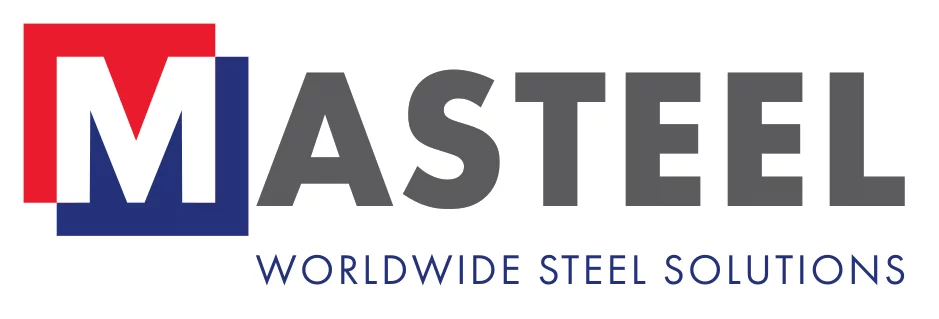Duplex stainless steel is known for its corrosion resistance and affordable cost. Essentially, these types of metal alloys have a microstructure that combines austenitic and ferrite steel that makes it much stronger than either of these grades on their own.
An Overview of Duplex Stainless Steel
The chemical composition of duplex stainless steel is made up of a combination of ferrite and austenitic stainless steel, which is why it is known as duplex. By itself, austenitic steel has weaknesses, like a low strength, low resistance and a lack of endurance to cracking caused by stress corrosion, and so does ferritic steel, with poor weldability, weak strength and low temperature durability, but duplex stainless steel has a stronger metallurgy of Fe-Ni-Cr alloy.
There are three groups of this type of steel that have different levels of corrosion resistance. Standard duplex is the most common form of these metal alloys. Super duplex is mostly used in the oil, gas and chemical industry because of its strength and resistance to corrosion thanks to its chemical composition of large amounts of chromium, molybdenum, nitrogen and tungsten. The final category is lean duplex steel and is used for buildings, constructions and mechanics in structures like bridges.
Some of the benefits of these metal alloys include:
- Low cost
- Easy use in welding processes, especially if they have a greater amount of nitrogen
- Excellent heat resistance due to their conductivity
- Strength being double of other steels
- High levels of rust and corrosion resistance
Does Duplex Stainless Steel Rust?
Duplex stainless steels do have a very high level of corrosion resistance. Their material properties are excellent when it comes to rust prevention. Just keep in mind that duplex stainless steels, like any other type of steel, may suffer from rust and corrosion if they are exposed to certain environments.
With that said, you may be wondering what sort of factors could affect the corrosive resistance of duplex stainless steel. The material properties of stainless steel can affect how much it rusts. As the chemical composition of this steel has molybdenum, nitrogen and chromium, you will find that it has a stronger resistance to rust, even in extreme environments that contain sulphide and chloride.
There are several other factors that can affect the level of corrosion resistance of duplex stainless steel. These include:
The heat input on the steel from the welding process
- The steel’s concentration of carbon that could cause it to become sensitised
- Surface contamination
- A lack of oxygen in the material
How Can you Help your Duplex Stainless Steel Continue to Resist Rust?
If you want to make sure your duplex stainless steel maintains its corrosive resistance, pick a stainless steel that avoids using any type of non-metallic inclusions. Any non-metallic properties, or even iron contamination, can reduce the rust resistance of the duplex stainless steel and can even cause pitting.
- Some additional ways to enhance corrosion resistance can be through:
- Getting rid of any surface contamination
- Avoiding using tools that are contaminated with iron on the surface of the steel
- Utilising a passivation treatment on the steel’s surface
- Not using duplex stainless steel in situations that could cause mechanical damage through repetitive movements
- Making sure chlorides and acids do not increase the vulnerability of your steel’s surface
- Deploying a lubricant on minor corrosions before cleaning with water
Masteel Can Help You Learn More About Duplex Stainless Steel
The material properties of duplex stainless steel make it an excellent addition to any type of product or project. Whether you are interested in welding it or you want to incorporate it into a structure, Masteel is here to support you as one of the UK’s best steel suppliers. Masteel can provide regional delivery and has a diverse stock available for you to peruse that can be used in a range of industries. Contact Masteel today by calling +44 (0) 1675 437 733 or emailing [email protected].
